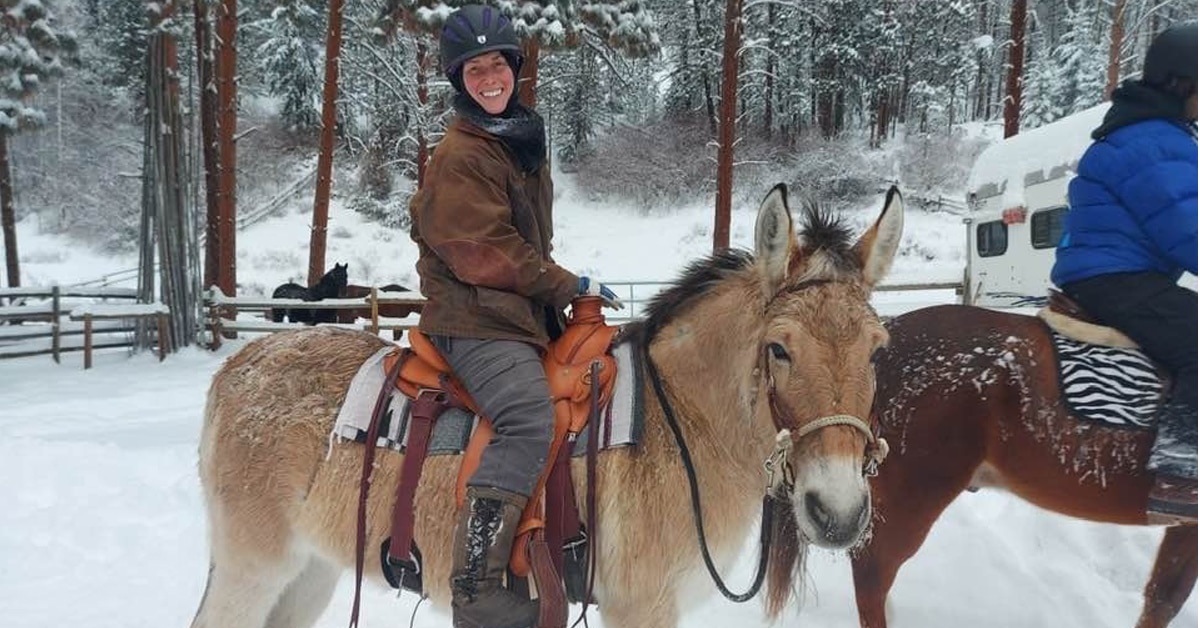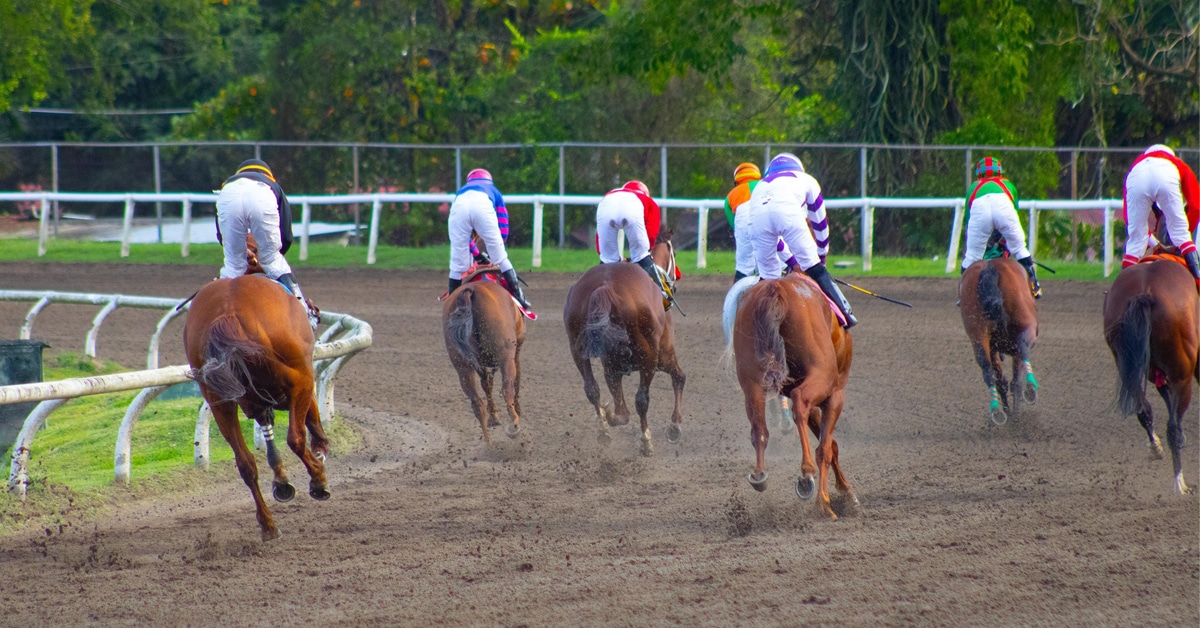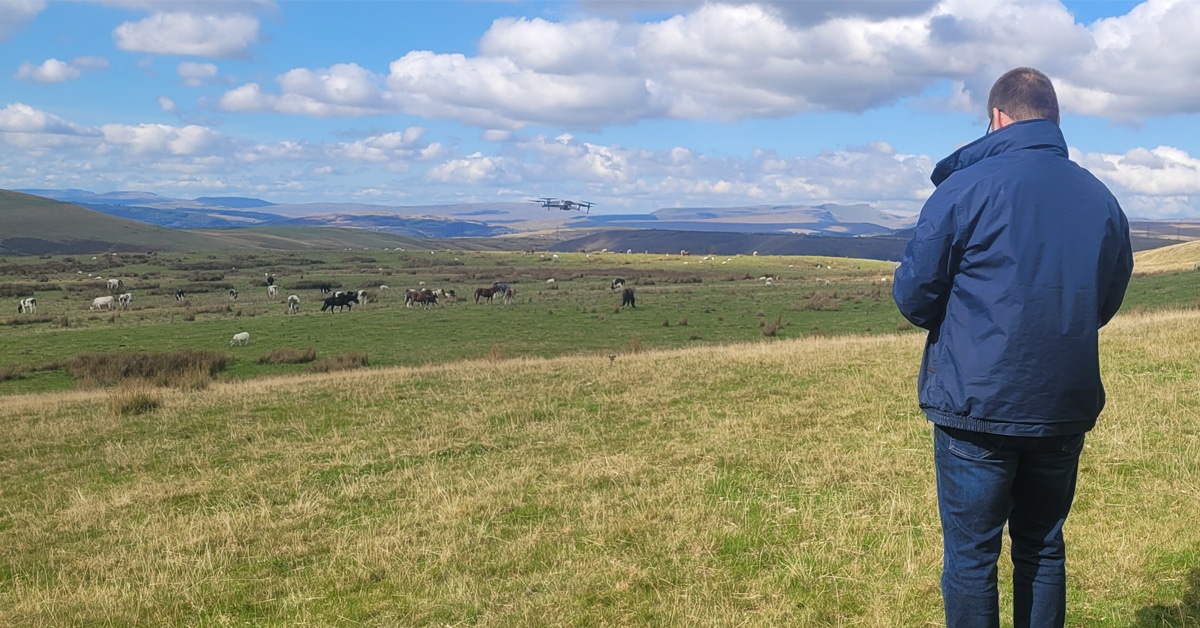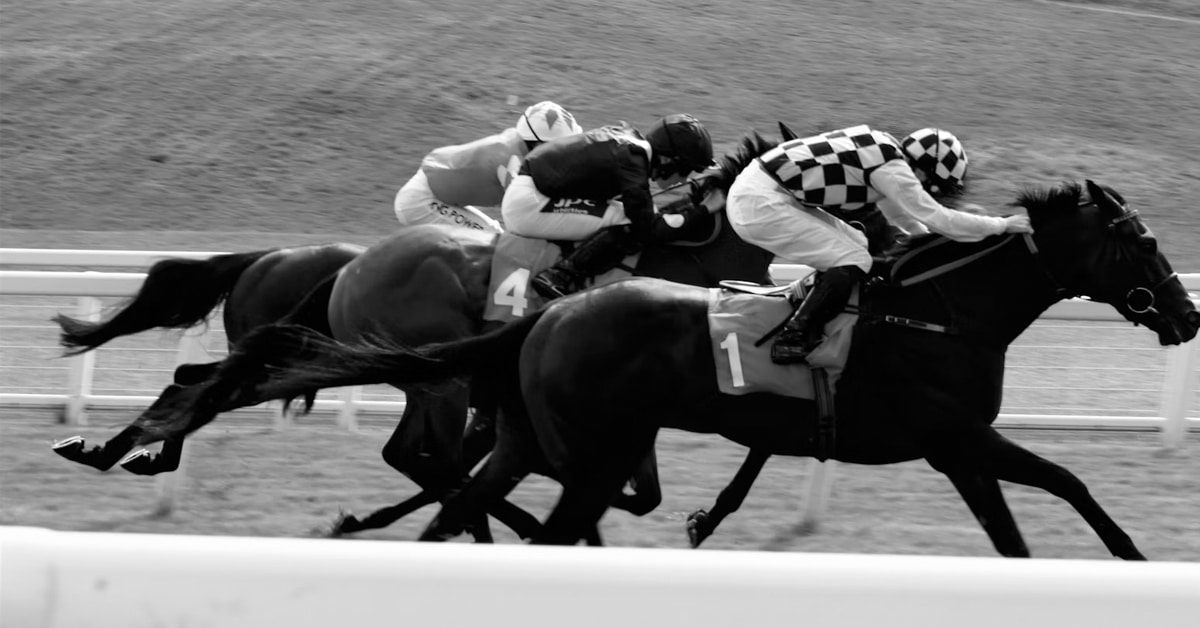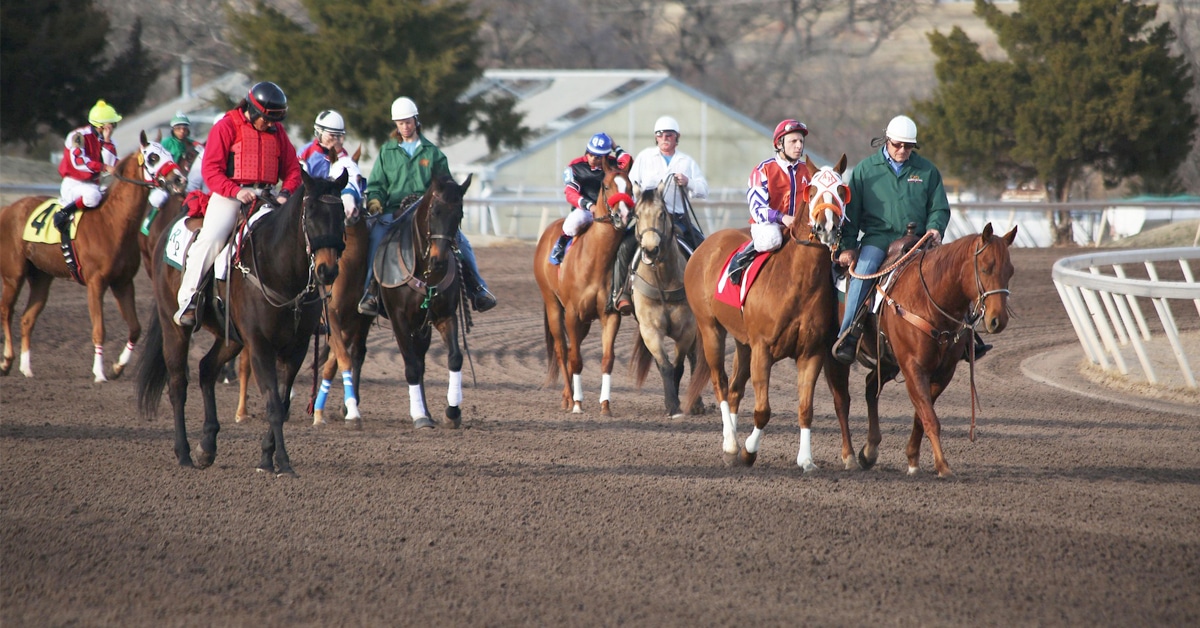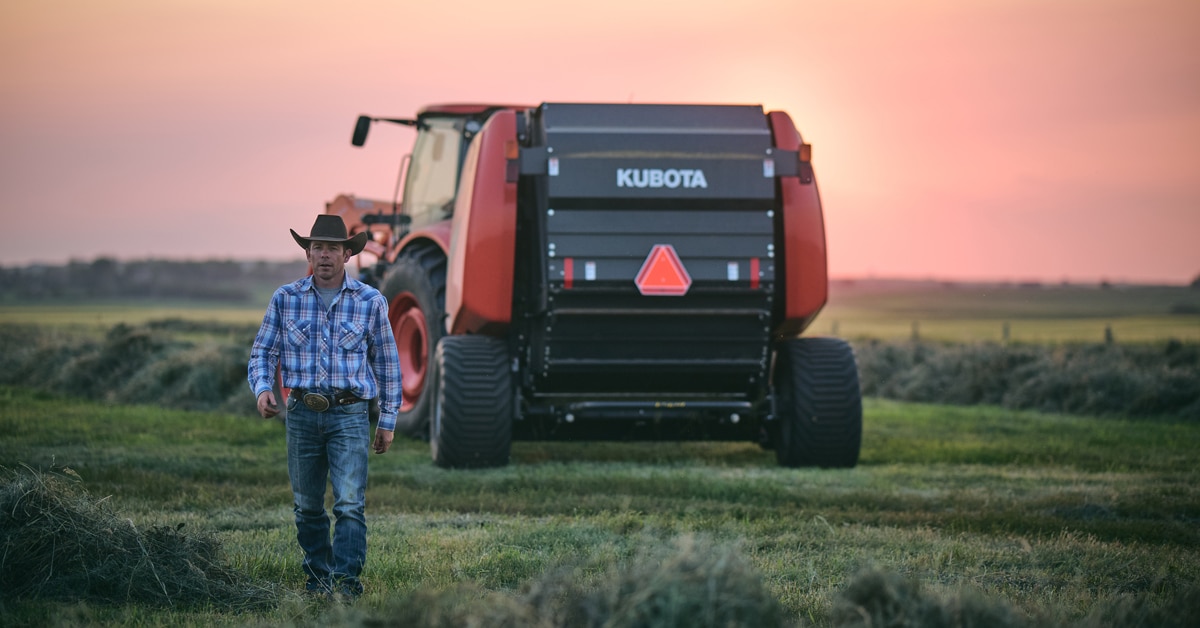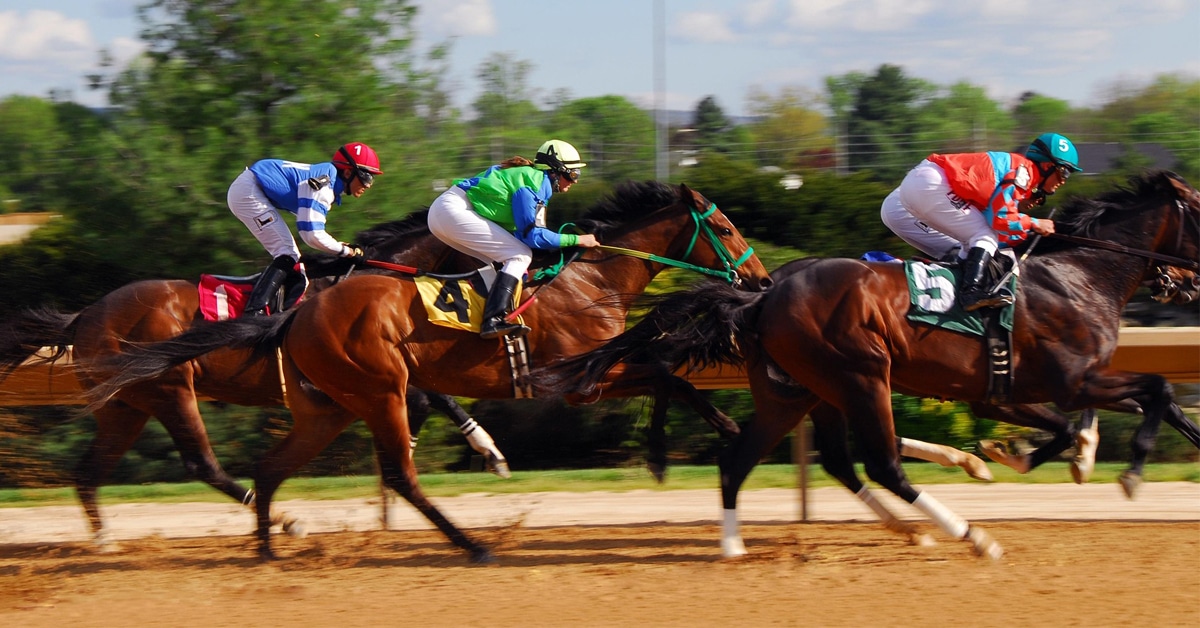An influx of cash isn’t the only solution to a viable racing industry, breeders also need to be certain of long-term funding. Pennsylvania is an excellent case study of how a breeding industry will rapidly decline without such assurances, but recent legislative changes have the state on the verge of a second wind.
Since 2010, Pennsylvania thoroughbred and standardbred horsemen receive almost $250 million a year from 12 per cent of slot revenue to support the State Racing Fund. The horsemens’ revenue from slots in 2017 amounted to $239 million of which the thoroughbred industry received about $139 million, and of that 16 2/3 percent (about $23 million) went to fund the thoroughbred breeding program.
In addition to funding purses, pensions, healthcare, and breeder awards, that fund was also supposed to accumulate a reserve supply of cash to safeguard the industry against any changes to the financial structure. Instead of saving that money, however, the state’s General Assembly appropriated those funds to cover shortfalls in other non-racing areas.
As a result of a new bill that was passed last October, those days are over. The bill introduced the Race Horse Development Fund as a restricted account and neither the horsemen nor the government can use the funds for anything other than what was legislated. Moreover, there is a claw back clause so that if the government does use this money in future they will be required to repay that plus the approximately $220 million that they took previously.
“Because of money being taken from the fund for other uses not related to racing, investors and breeders were skeptical about the long-term viability of the fund which depressed the numbers of mares bred,” said Brian Sanfratello, Executive Secretary of the Pennsylvania Horse Breeders Association. “Once the Racehorse
Development Trust was approved by the Legislature the investors and breeders were more confident and have started to invest in the state breeding program again.”
For the last six years, Pennsylvania has been offering $30 million a year in breeder awards, owner bonuses and restricted races. For maiden races, breeders receive 50 percent of the purse, while it is 40 percent for everything else. For horses that were sired by a Pennsylvania stallion, the bonus is 25 percent and 20 percent.
There is a 10 percent bonus for the owners of Pennsylvania-sired horse. With the new long-term protection, the state will start to see the true benefit of that investment in the breeding industry. “We have the best breeding program in the country,” noted Sanfratello. “There is no other state, including Kentucky, (that compare) as far as breeders’ awards, etc. are concerned. The breeding program was not in financial trouble, but there’s no doubt the money from the slots has been an unbelievable boost to our breeding program.”
Though there was considerable debate within the state about diverting the slot funds to the racing industry, the industry is quick to point out that it was thanks to the horseman that the state even got casinos in the first place.
“Without the horsemen granting their approval, there would be no casinos (for the state) and they wouldn’t be making hand over fist (from tax revenue),” said Bob Hutt, President of Uptowncharlybrown Stud LLC, a Pennsylvania thoroughbred management company that is a stallion operator, breeder and racehorse owner.
“Therefore the horsemen should be protected.” Glenn and Becky Brok, who operate Diamond B Farm, which stands four stallions, including Uptowncharlybrown, received about $450,000 in breeders’ and stallions’ awards in 2017 to lead the Pennsylvania Breeding Fund Program Awards. The year before Northview Stallion Station Inc. made almost $375,000. In both cases, they did not own any racehorses.
While it may not have the same reputation of some of the prominent racing and breeding states in the United States and despite the depletion of its funds, Pennsylvania’s racing and breeding is holding its own in the top-10 in various categories and, in some cases, the top five, in the United States.
The Latest
